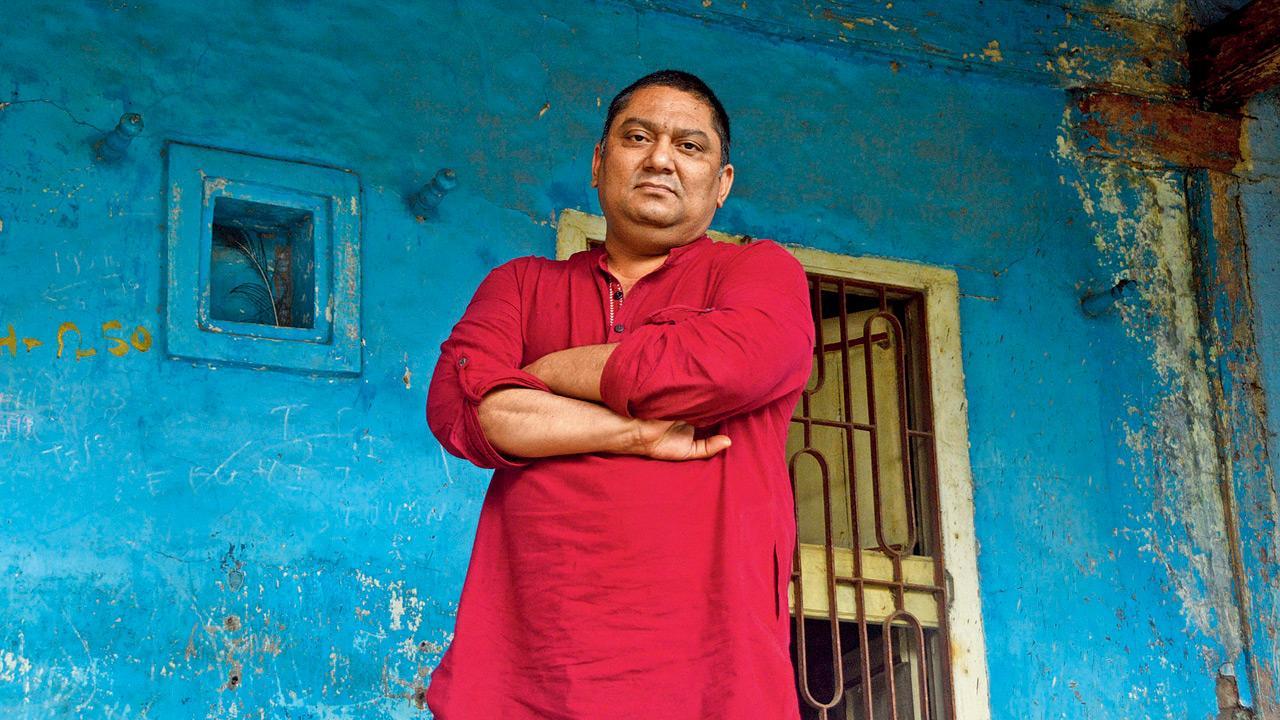A new talk series led by scholars and activists attempts to dissect the veteran social reformer’s complex views on the De-notified Tribes and adivasis of India

Filmmaker Dakxin Bajrange has been using art and theatre to shed light on the Chhara community, a De-notified Tribe branded as criminal by the British. File pic
Activism has always been at the forefront of the work of filmmaker-playwright-director Dakxin Bajrange. For someone who has used theatre and art to fight the stigma that the Chhara community—a De-notified Tribe (DNT) from the western part of India, which he belongs to—has faced, the conversations, he admits, need to continue.
ADVERTISEMENT
This time around, Bajrange who is an honorary member of the National Advisory of Rashtra Seva Dal, headed by veteran Padma Shri-award winning tribal activist and linguist Dr Ganesh Devy, is leading a new talk series. It is about Dr Babasaheb Ambedkar’s views on the De-notified Tribes (branded as criminal by the British) and the adivasis.
Nishikant Kolge
The five-session discussion, Thinking Caste and Tribe in a Liberal Democratic State, which kick-started this month, sees leading activists and scholars explore where these communities stand today. The idea, says Bajrange, is to discuss the exact historical context of the formation of the communities, constitutional provisions, and the future direction for a united struggle.
Virginius Xaxa
“In 2014, while studying at the University of Leeds, I made a film, Birth 1871, which traced the complicated history of the De-notified Tribes in India. While researching for that project, I learnt about certain critical thoughts that Ambedkar had about the DNT,” recalls Bajrange. He learnt that when the Simon Commission came to India in 1928, one of its objectives had been to give constitutional guarantee to the oppressed communities in India. “Ambedkar had submitted a memorandum to the commission stating that untouchables, criminal and aboriginal tribes should be included in the definition of ‘depressed classes’. But, when he visited the commission, he not only retracted the particular statement, but is also said to have stated that the criminal tribes should not be given adult suffrage,” says Bajrange, adding, “That really struck me. Why did Ambedkar want to deny them voting rights?” The filmmaker felt it was important to understand why he had changed his stance. “Over time, his views on the criminal tribes evolved, but that never translated into any reservations.” The talk series will help make sense of Ambedkar’s vision for these communities. In the most recent session titled The State Stated, Virginius Xaxa, former chairman of the High Level Committee on Socio-Economic, Health and Educational Status of Tribal Communities of India, and scholar-academician Nishikant Kolge discussed how the adivasis have not been duly compensated for what the state and society has taken away from them.
WHAT: Thinking Caste and Tribe in a Liberal Democratic State
WHERE: https://www.facebook.com/RSDIndian
WHEN: Ongoing
 Subscribe today by clicking the link and stay updated with the latest news!" Click here!
Subscribe today by clicking the link and stay updated with the latest news!" Click here!






